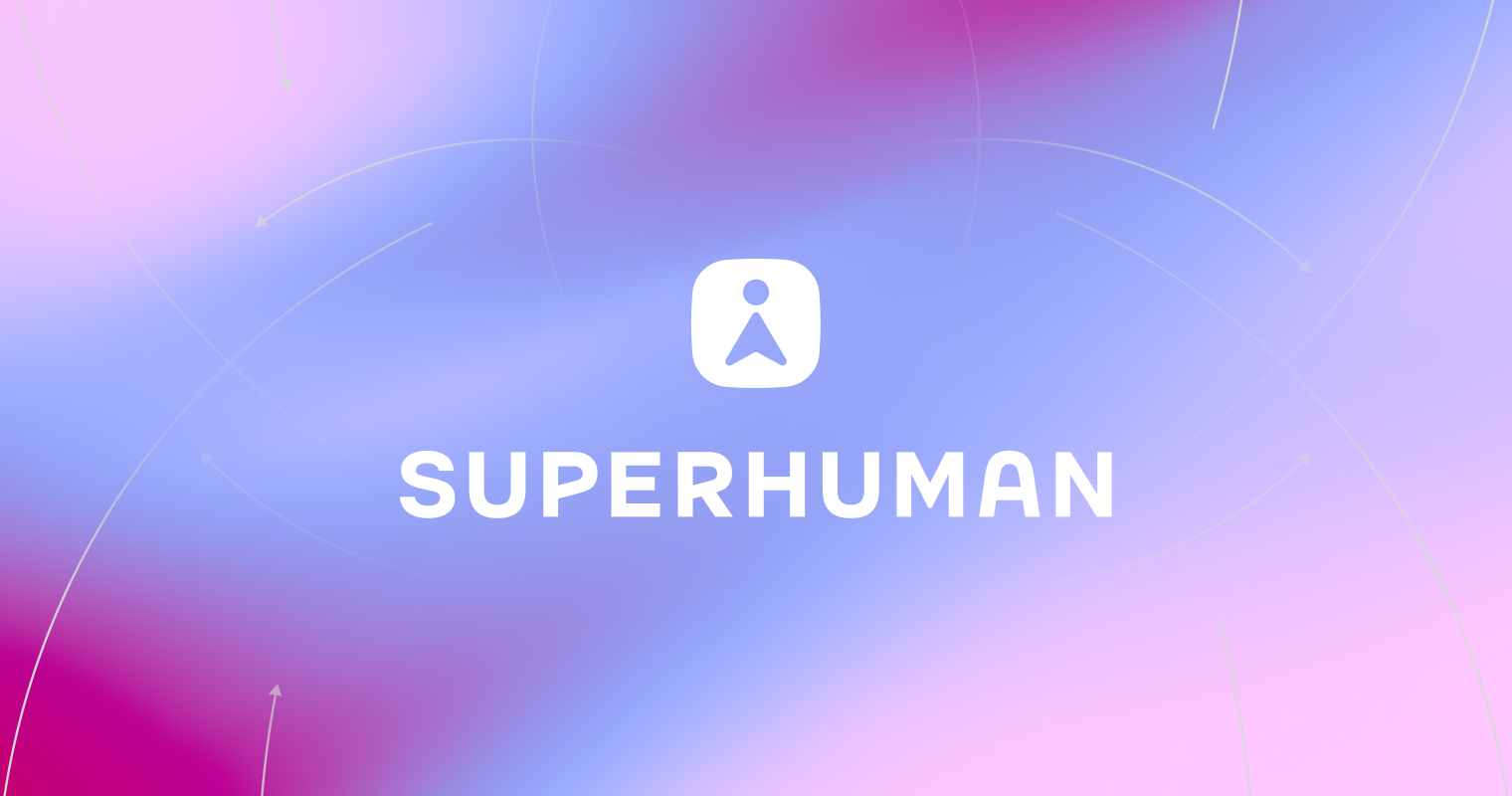The Power of Emotional Intelligence in Building a Successful UX Team
Explore practical techniques for assessing and cultivating emotional intelligence.

The future of work is often described in terms of where it will take place and what tools we will use. But we don't hear enough about understanding the emotional side of working with each other.
As discussed in Peter Markatos article "Building Emotionally Intelligent Teams":
Companies often acknowledge the importance of emotional intelligence (EI), they tend to focus solely on job performance when evaluating employees. This can lead to a culture prioritizing individual achievements over teamwork, collaboration, and emotional Intelligence. This can be problematic as individuals with high EI are often better equipped to work in teams, build relationships with colleagues and clients, and communicate effectively. Furthermore, prioritizing job performance over EI can lead to a toxic work culture that values results over the well-being of employees.
Emotional intelligence (EI) is a critical factor in building a successful UX team. As designers, we have a unique opportunity to lead the way in cultivating and building a team that values EI. In fact, according to psychologist Daniel Goleman, Ph.D., author of the New York Times bestseller Emotional Intelligence and Social Intelligence: The New Science of Human Relationships
"The most effective leaders are all alike in one crucial way: they all have a high degree of what has come to be known as emotional intelligence."
When evaluating candidates for a UX team, it is important to look beyond a candidate's technical skills and evaluate their ability to make cultural contributions, maintain a growth mindset, work with others, collaborate, and communicate effectively. It's not just about why it's important, but also about how to do it right, see some techniques we think are useful below:
Cultural Contributions
A cultural contributor is someone who can challenge an organization's thinking or processes or industry status quo in a constructive way, has organized an event, meetup or club for their organization, or created a tool that the entire team could use. We're looking for people who bring a diverse and valuable point of view that will help their team go further.
These are just a few examples but we are looking for people who go the extra mile to bring a diverse and valuable point of view that will help their team go further.
Here are some sample questions you can ask to assess a cultural contributor:
- Can you give an example of a time when you challenged an organization's thinking or processes, or disrupted the industry status quo in a constructive way?
- Have you ever organized an event, meetup, or club for your organization? Can you describe the event and its impact?
- Have you created a tool that was adopted by the entire team? What was the tool and how did it benefit the team?
Growth Mindset
A growth mindset is also critical to success on a UX team. We love to work with people who are always trying to improve themselves, whether it's in their professional or personal lives. It’s a quality we really admire and it also lays the foundation for great relationships. The reason being that people who love to learn will want to walk in someone else's shoes. This builds empathy, knowledge and strong collaboration, which is why a Growth Mindset is so valuable to any organization. We're looking for candidates who have demonstrated their willingness to learn or try new things, sought out new tools and resources, adapted to new or less familiar working environments, and present themselves as lifelong learners rather than being stuck in their ways.
Here are some sample questions you can ask to assess a growth mindset:
- Can you tell me about a time when you took the initiative to learn a new skill or try a new approach to a problem?
- How do you stay up-to-date with industry trends and new tools or technologies?
- Have you ever worked in an environment that was unfamiliar to you? How did you adapt to the new situation?
- Can you give me an example of a time when you had to adjust your approach or way of working in order to be successful in a project or task?
Emotional Intelligence (EI)
To assess a candidate's EI, it is important to ask questions that help you determine their ability to work with others, collaborate, and communicate effectively. For example:
- Tell me about a time when you had to work with someone you didn't get along with. How did you handle the situation?
- Can you describe a time when you had to resolve a conflict with a coworker or stakeholder?
- How do you approach working with people who have different communication styles or work styles than you?
These types of questions allow you to evaluate a candidate's ability to handle difficult situations, work effectively with different types of people, and communicate clearly.
In "The Conversation" by Peter Markatos, he emphasizes the importance of listening and truly understanding each other's perspectives in order to create shared value. This requires a certain level of EQ and the ability to communicate effectively.
As designers, we have the ability to lead the way in building teams that value EI and foster a culture of collaboration and empathy. By evaluating EI during the hiring process and actively promoting a growth mindset and cultural contribution, we can create UX teams that are not only successful, but also enjoyable to work with. It all boils down to the quote by Maya Angelou:
'“I've learned that people will forget what you said, people will forget what you did, but people will never forget how you made them feel.”
This post is a follow up to "The Conversation" and "Designing Culture" and "Building Emotionally Intelligent Teams" by Peter Markatos and an article about the importance of EQ in hiring for design teams.


